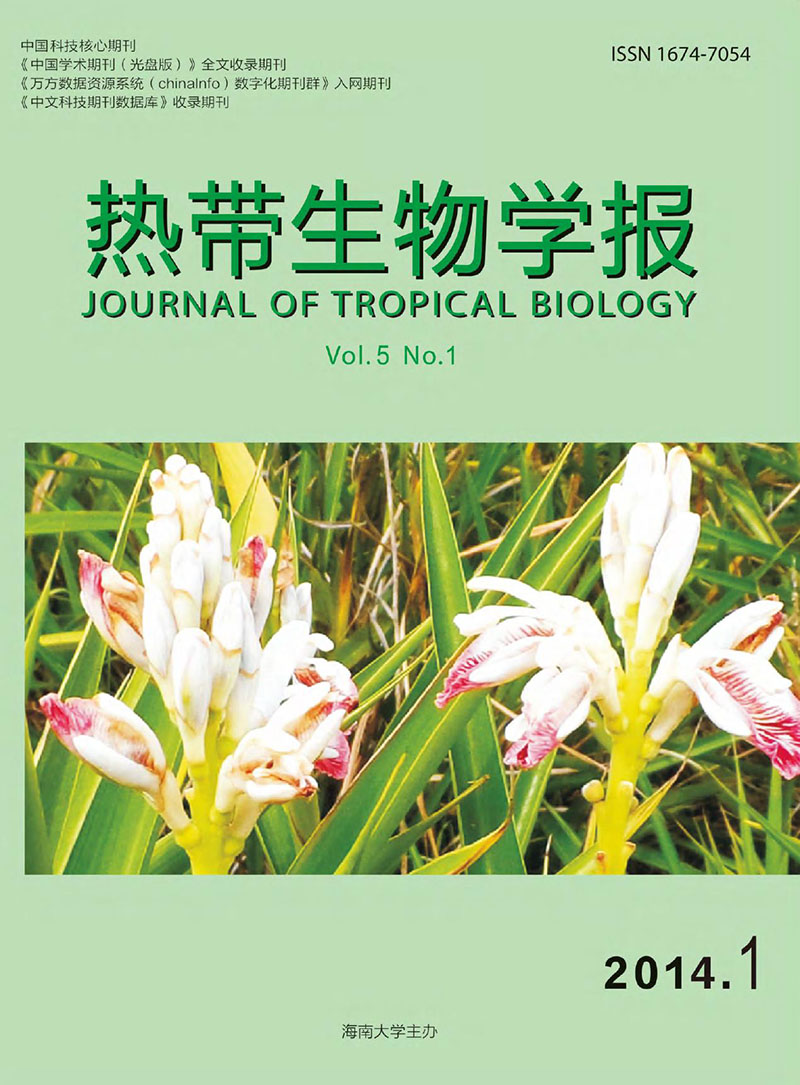Effects of Grazing on the Colony Formation in Phaeocystis globosa
doi: 10.15886/j.cnki.rdswxb.2014.01.015
- Received Date: 2014-03-05
-
Key words:
- Phaeocystis globosa /
- grazing /
- colony formation /
- life cycle
Abstract: Heterotrophic dinoflagellate Oxyrrhis marina was grazed by Phaeocystis globosa to determine the lifecycle alternation in Phaeocystis globosa as response to chemical cues released from grazing O. marina. Colony formation in P. globosa was enhanced in terms of colony size when solitary cells of P. globosa were grazed by O. marina extensively. Even without direct physical contact with O. marina to initiate the defensive response,P. globosa received chemical signals generated during grazing activities that stimulated an increase in colony size. Colony enlargement belongs to inducible defense strategy,which allows P. globosa to defend against grazers. Life-cycle transformations and colony formation as responses to grazing may contribute to the global success of Phaeocystis.
| Citation: | WANG Xiaodong, ZHENG Jingjing, WANG Yan. Effects of Grazing on the Colony Formation in Phaeocystis globosa[J]. Journal of Tropical Biology, 2014, 5(1): 20-24. doi: 10.15886/j.cnki.rdswxb.2014.01.015 |






 DownLoad:
DownLoad: